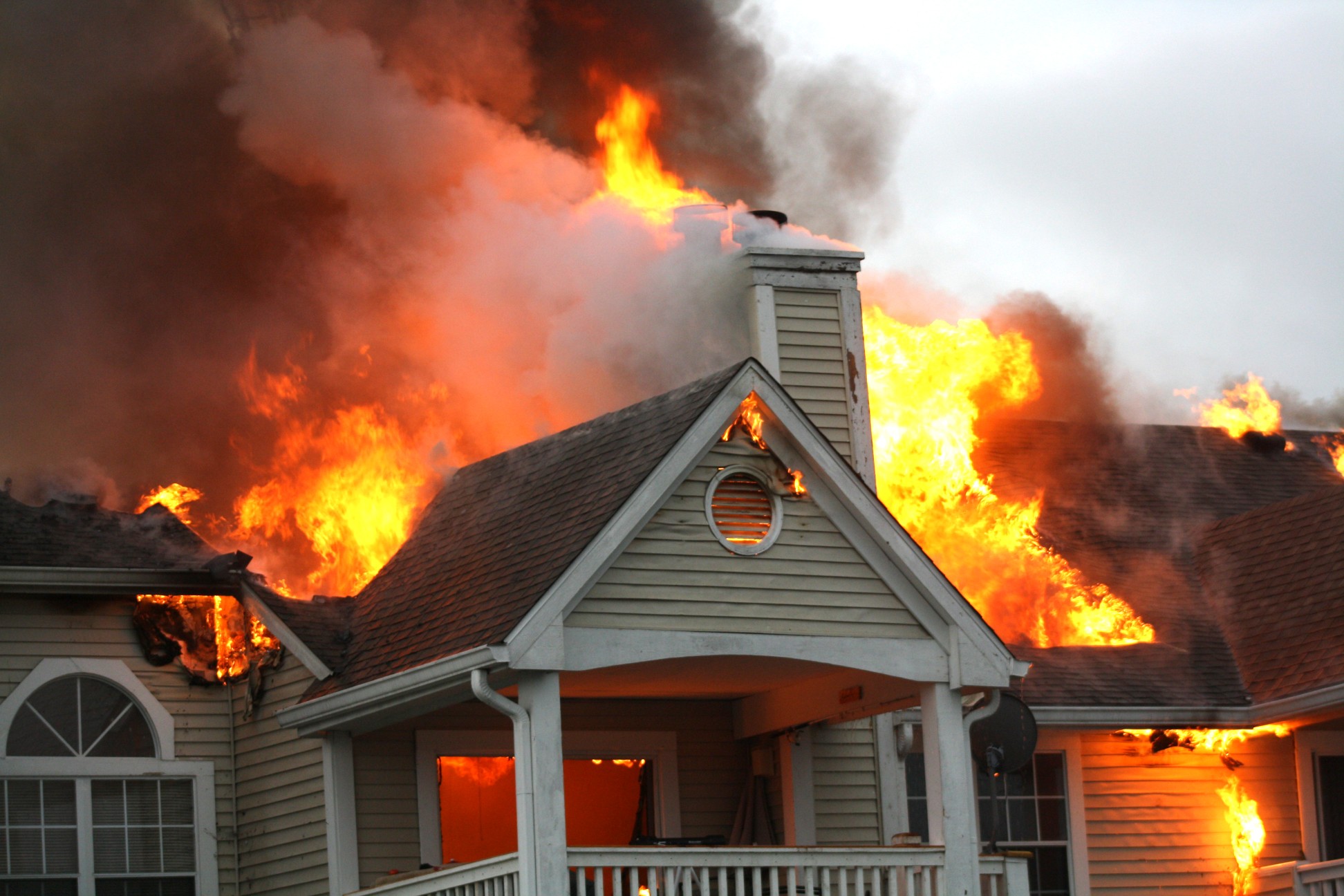The statistics are alarming. Each year an average of almost 360,000 fires occur in American homes. More than 3,000 people die in those fires. Property damage runs at almost $7 billion. That’s not to speak of burns and other injuries suffered in the fires.
It might be time, therefore, for you to check on just how safe your home is from a fire that could be disastrous for you and your family, not to speak of your pocketbook.
The leading cause of house fires in the United States is cooking, according to the National Fire Protection Association. The next most likely causes are heating equipment that is faulty and malfunctions in the house’s electrical system.
A plan for home safety that is effective and includes correct maintenance and installation of carbon monoxide and smoke alarms can make a significant difference in an emergency, says Ashley Gocken, senior manager of brand marketing for First Alert, a maker of fire safety products based in Aurora, Ill. Instituting such a plan can help keep your family and your home safe from tragedies that can be prevented.
Tips to keep you safe
Here are suggestions that can help to keep you and your family safe from house fires and what to do in the event that a fire should break out.
Protect your whole home
• Every bedroom, every level
You should have working alarms in every part of your home. The National Fire Protection Association suggests that you install smoke alarms on every level of your house. You should include the basement as well as every bedroom. Carbon monoxide alarms also should be installed near every bedroom and on all levels of a house.
Not every house is the same, says Gocken of First Alert. You should examine your specific requirements when choosing products that will improve your home safety.
• Maintain and test
Many people presume that because their home is equipped with fire alarms, they automatically are protected should a fire or leak of carbon monoxide take place. That presumption might be false if the alarms fail to function correctly, however. You should therefore test and maintain your smoke and carbon monoxide alarms on a regular basis to make sure that they are in proper working order. Change the batteries every six months; do not wait until they “chirp.”
• Replace expired alarms
A guide is to replace an alarm if you can no longer remember the last time that you installed it. Alarms generally should be replaced every 10 years or earlier.
• Be prepared with fire extinguishers
You should have fire extinguishers in those areas of the house where a fire could possibly take place, such as the kitchen, garage, and living area.
Each member of your family should know how to use a fire extinguisher. One way to remember how to operate the extinguisher is to use the acronym PASS: Pull the pin, Aim at the fire’s base, Squeeze the handle slowly, and Sweep the extinguisher from one side of the fire to the other.
• Take care with space heaters
Keep space heaters at least three feet from any objects that could easily catch fire, such as curtains or blankets. Also avoid placing the heaters on rugs or carpets that can be combustible. Place them instead on flooring that is ceramic or tile.
Make sure that your space heater is one that will shut off automatically should it be tipped over.
Be prepared and knowledgeable
• Set up a plan of escape
Draw up a plan of action in the event of a fire. Practice it with the whole family twice a year. Your plan should establish two ways to get out of every room. You also should set up a meeting place that is outdoors and at a safe distance from your house. Select someone in the family to help evacuate elderly family members, infants, or pets.
As part of your plan ensure that you and your family members know to “stop, drop and roll” should their clothing catch on fire. They also should know to keep low to the floor and crawl away from a fire. Before opening a door, they should quickly touch the handle to test whether it is hot before turning it.
• Stay in the kitchen while you are cooking
Because most house fires are caused by cooking, it is essential that you never leave the kitchen while you are cooking. If you are baking, simmering, roasting, or grilling food, check it regularly. Use a timer to remind you when food is done. Have a fire extinguisher within easy reach.
• Put out embers
Should you make a fire in your fireplace, make sure that the fire is fully extinguished before you leave the room, such as when you go to bed. Do the same with any candles that might be lit and still burning in a room.






